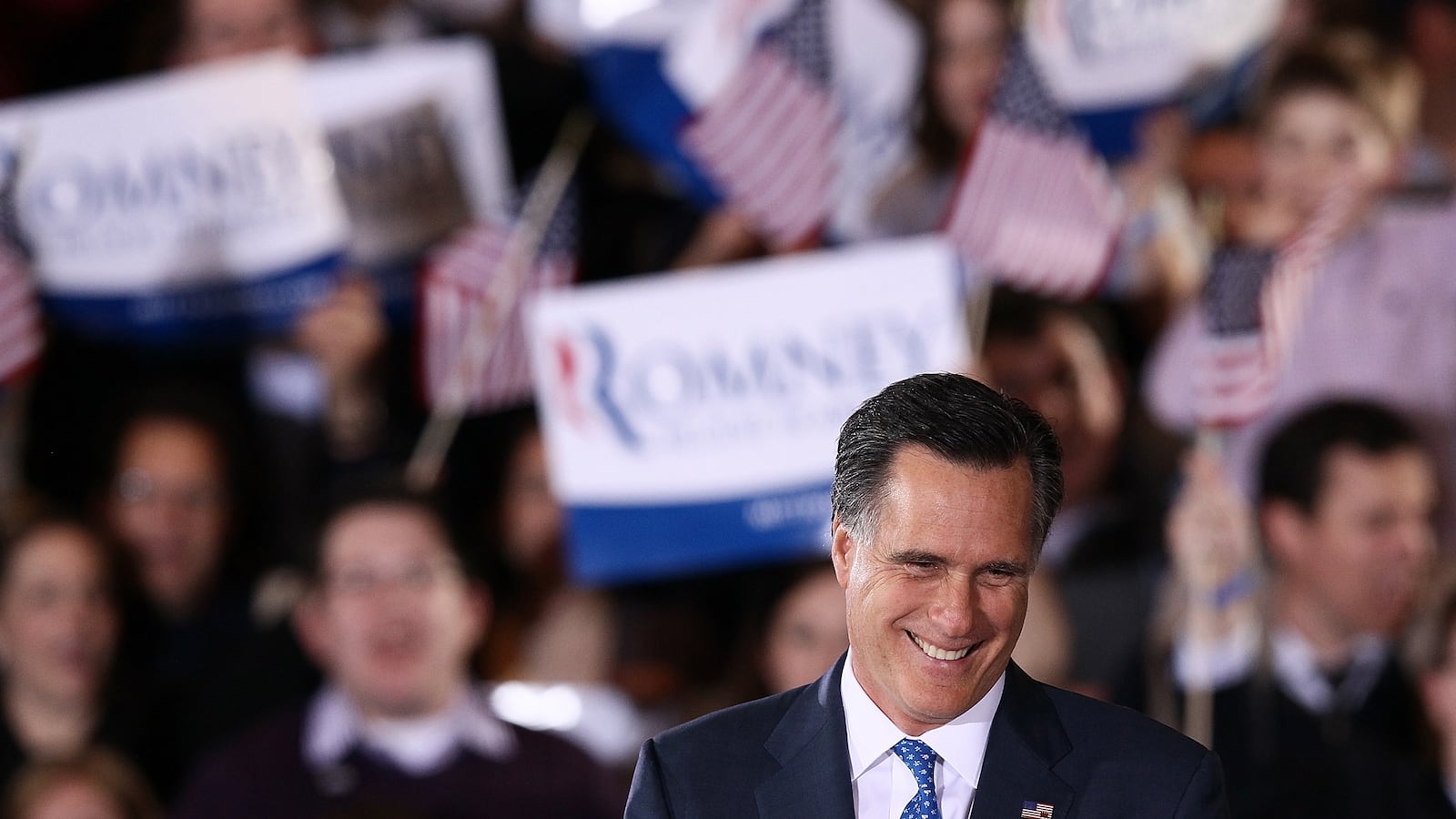One of the enduring mysteries of the contemporary Republican Party is whether they really believe all this gibberish that oozes out of their mouths. I suppose it will vary from issue to issue. On guns, I’d guess that many do genuinely believe that liberals basically want a gun-free America, so at least they’re more or less sincere on that one. On climate change, I think Jim Inhofe fervently believes it’s all bunk, and most of the rest of them don’t care but just figure they’ll follow his lead. But what about the broad economic questions? Here, I’ve come to conclude that somewhere way down there, they mostly know their theories haven’t worked, but they’re not anywhere near being able to acknowledge this to the rest of us. And tragically, this fact, combined with the fact of their unfortunate political power on Capitol Hill, means—in general, and with respect to this sequester battle in particular—that we’re going to have to live through more economic anguish waiting for these puerile people to join the real world.

About 10 days ago, I wrote that it was starting to smell like the Republicans actually wanted the sequester cuts to kick in. Then the other day, John Boehner revealed the new House GOP position on the sequester. The Hill reported and Greg Sargent seized on this quote: “I’ll tell you the same thing I told my Republican colleagues at our retreat. The sequester will be in effect until there are cuts and reforms that put us on a path to balance the budget in the next 10 years.”
What he’s saying is that we must balance the budget within 10 years using cuts only. As Sargent points out, that would require cuts totaling one sixth to one third of government. Now this may be the Tea Party’s dream in theory, but nothing like this will ever happen in a million years. A government that starts closing regional airports in small towns, shuttering Department of Energy and Veterans Affairs facilities all over the country, and many kindred activities, well, believe me, that’s a government that will somehow find the funding for those facilities in a hurry and reopen them. Putting aside all questions of what’s right and wrong and considering only questions of political feasibility, the Boehner position is completely from another universe, and and his fellow Republicans surely know that such closings would have deeply harmful economic impacts across the country.
Now, try this thought experiment on for size. Let’s say Mitt Romney were president right now. The sequester would still be an issue, because that was baked in the cake before the election. And let’s say for argument’s sake that a deadline loomed on March 1, by which time Congress and President Romney had to agree to a deal to avoid the sequestration cuts. What, in this case, would the Republicans do?
I suppose that for starters they’d say something like, “Well, President Romney would have repealed Obamacare, and that would have saved billions, trillions.” That is what Romney kept saying during the campaign. But it is not true. Obama kept saying that Obamacare would save money, and we began finding out just last weekend that he was right—the deficit projections have been lowered, chiefly because health-care costs are lower, which is not wholly but certainly partly attributable to the Affordable Care Act. So that wouldn’t have worked. In fact it would have made things worse.
So putting that aside, we can either take them at their word, that they would seek to balance the budget entirely through cuts, or we can remember what Mitt Romney told Time magazine last summer, when he let it be known (perhaps slightly accidentally) that he wouldn’t do any such thing. He told Mark Halperin: “If you take a trillion dollars, for instance, out of the first year of the federal budget, that would shrink GDP over 5 percent. That is by definition throwing us into recession or depression. So I’m not going to do that, of course. I don’t want to have us go into a recession in order to balance the budget.”
So I’d argue that there is good reason to believe that a President Romney and a GOP House would not have pursued the strategy that Republicans now advocate. Chances are they’d have decided, as Dick Cheney famously did back in the days when the administration he was in was running them up, that “deficits don’t matter.” As my colleague David Frum likes to say, “We’re all Keynesians during Republican administrations.”
In other words: if they had the actual responsibility of power, there is no way on earth Republicans would be pushing for such drastic budget cuts. This in turn suggests, if I’m correct, that they have to know on some level that what they’re proposing right now is harmful to the economy. But they can’t admit it, because admitting it would toss 30 years of arguments about the economy out the window, and because admitting it would by implication bring them around to more rational policies that would help the country—which would also be policies that helped Obama. And that, in Republicanland, is the greatest mortal sin there is.
So the country is stuck. The fiscal-cliff deal Obama agreed to in early January was a political win for the president, but, fiscally, at best a draw representing slight austerity. Obama may have no choice but to make all his deals along these lines, preventing a full recovery, all because the Republicans are in such an implacable state of denial.




